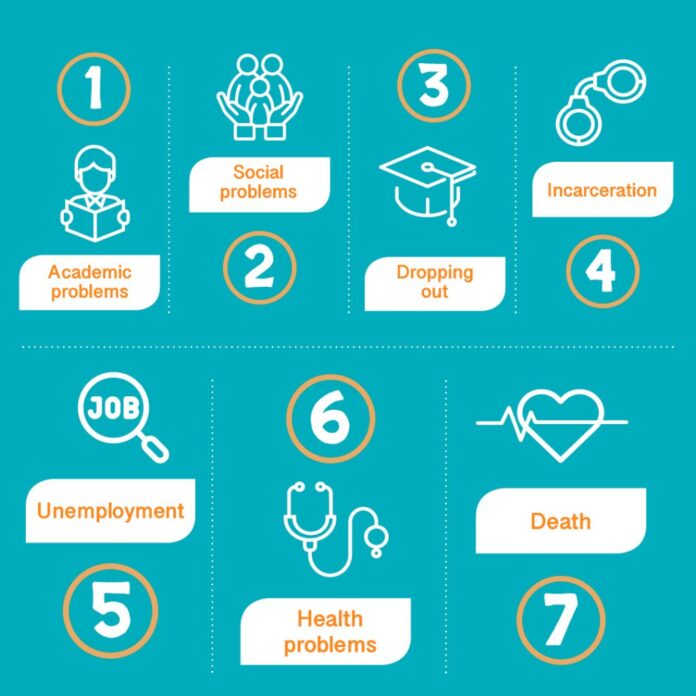Written by Tara Lupus
World Literacy Foundation
WLF Youth Ambassador 2019
According to the World Literacy Foundation, 750 million illiterate people can’t read a single word and more than 2 billion people struggle to read and write a sentence.
Illiteracy is a global tragedy. At a glance, we often think illiteracy is not being able to read or write, but what does that actually mean on a deeper level? It’s a much bigger and more complex issue than one might think and it’s important to understand the devastating impacts of illiteracy. Imagine for a moment, not being able to read a simple sign or fill out an employment form. For individuals and families across the world, this still remains a real problem. Social and economic development is hindered.
Breaking the cycle of poverty does not happen overnight, but small steps towards change can be achieved through raising awareness and actively talking about the issue. It may not affect us personally, but consciously choosing to avoid a problem and hoping it will magically go away does not offer a solution either.
In my capacity as a Youth Ambassador for the World Literacy Foundation, I’ve written this article to help promote an understanding of illiteracy and how it is destroying communities worldwide. What I’ve already found out is mind-boggling.

In the World Literacy Foundation’s first two modules, I was startled by the real link between illiteracy (for people who are both completely and functionally illiterate) and their ability to succeed throughout life.
Low literacy levels have a profound impact on communities worldwide and dictate what a person can or can’t do in everyday life. Literacy is the foundation of a socially thriving society and a healthy economy.
Social Problems
Imagine not being able to read a bus timetable, sign, poster, book or newspaper. Writing a text message or a letter are also skills needed to participate in society. Think about it, even navigating your way through the internet, the online world and social media also takes a strong level of literacy skills. The judgment to make accurate and informed decisions simply suffer due to the lack of literacy skills, which limits a person’s ability to successfully engage in the community.
Dropping Out
According to the World Literacy Foundation, 1 in 5 children, adolescents, and youth is out of school.A friend actually mentioned the other day that a couple of young children in her family were not attending primary and high school on a regular basis. Later, I thought to myself, what sort of serious impact would that have on the children? The learning process has been disrupted. In this case, there was also a lack of support from the parents.
Unemployment
In order to receive a job offer in today’s society, it is a normal protocol to fill out a job application form. A candidate who is unable to fill out a form will be at a disadvantage, even if they ask someone else to fill it out on their behalf. Depending on the role, an employer will soon catch on and the employee may find it difficult to perform the work tasks confidently, successfully and independently.
Health Problems
Health literacy is extremely important. There are serious consequences for not knowing or understanding how to read the label on a medicine bottle or a prescription…not knowing how much medication to take can ultimately put someone in a dangerous life-threatening situation.
Death
There is a very real relationship between death and illiteracy.The importance of health literacy and the link between death and illiteracy is one of the most striking, powerful points. Death as a result of illiteracy did not even cross my mind before starting the Ambassador program. The inability to read instructions on a medicine bottle, packet or road safety signage could lead someone to an early death which may have been avoided if they had the necessary literacy tools.
Source: https://worldliteracyfoundation.org/low-literacy-levels-impact-on-the-community/
This article introduces some of the impacts and chain reactions of low literacy. Lupus’ purpose for the article is to expose others to how low literacy impacts communities worldwide.





This article brings up a good sized scope of the effects or impact of illiteracy not only in individuals but likely communities or societies as a whole. I think this starts to uncover why it is important to promote literacy and give access to people to be able to learn. I think some other articles talk about reasons why illiteracy may develop that could help aid in understanding this article in a larger context.